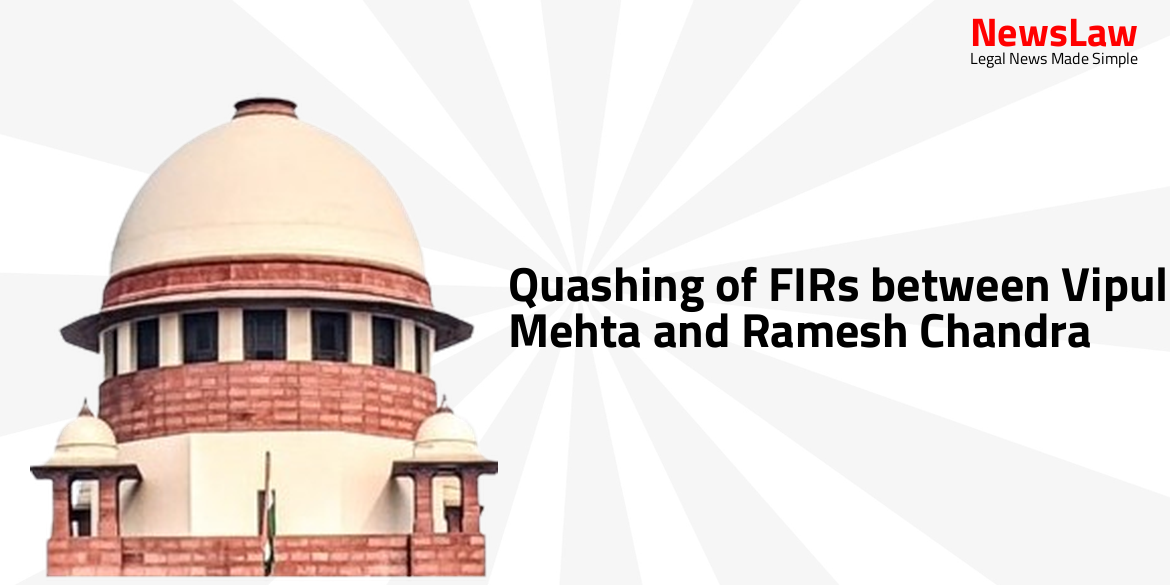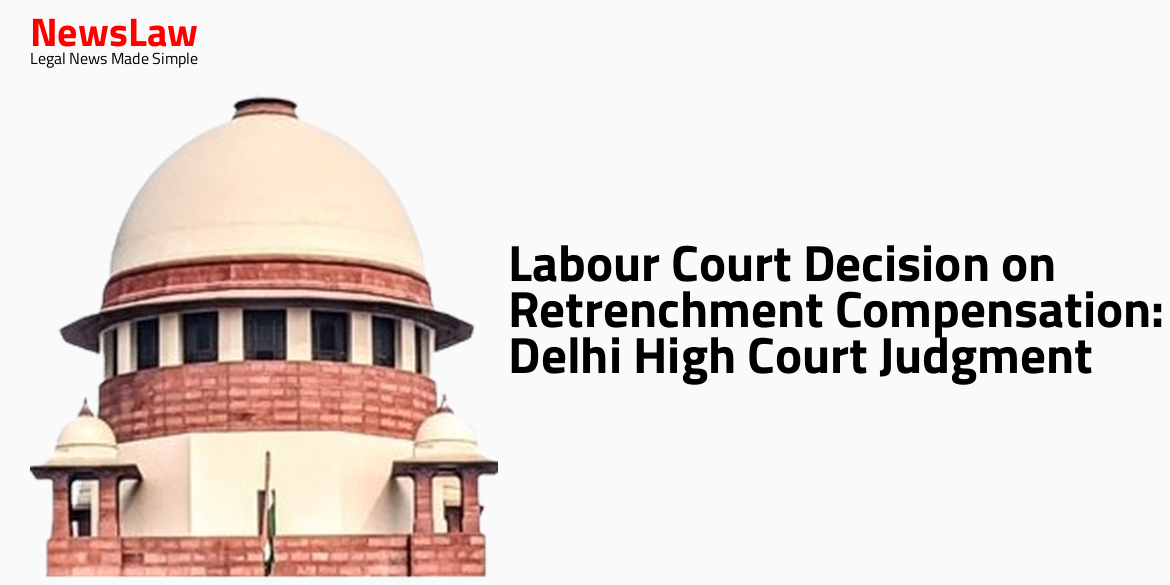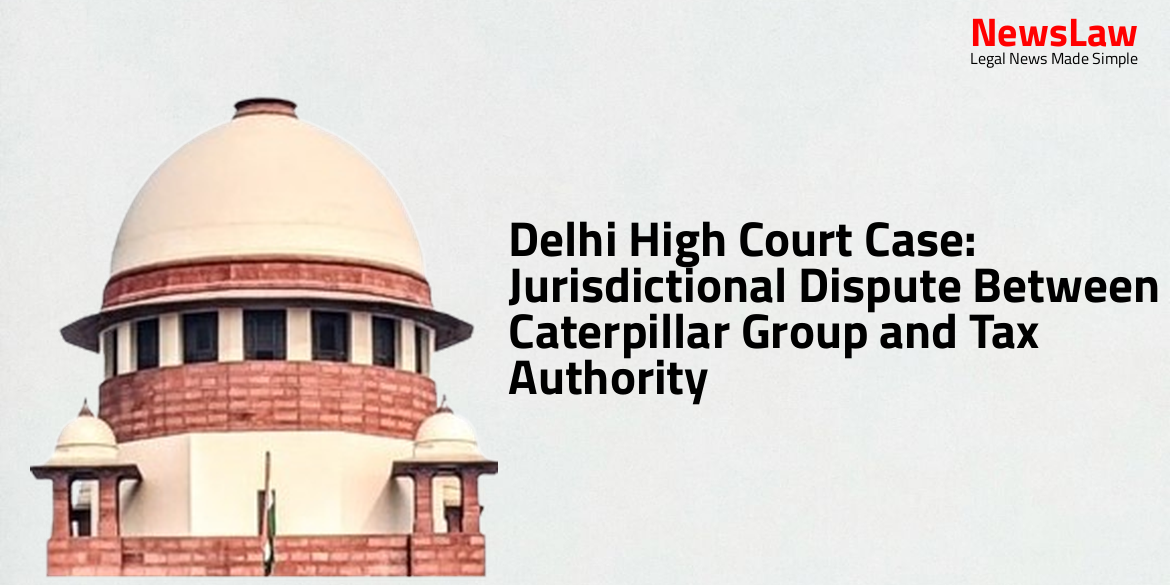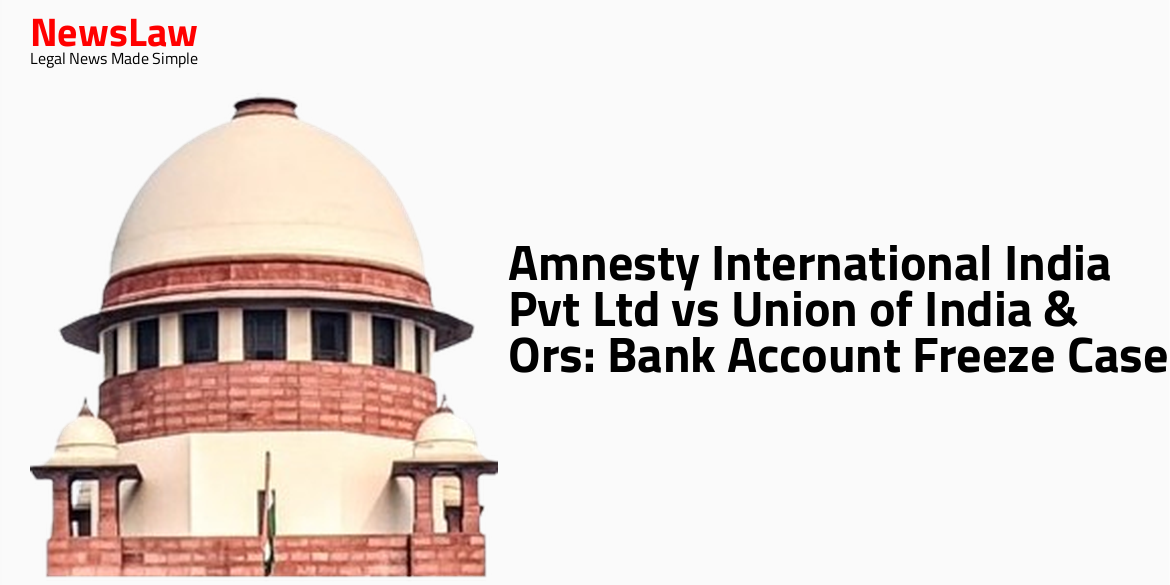In a landmark decision by the Delhi High Court, the FIRs between Vipul Mehta and Ramesh Chandra have been successfully quashed. This resolution comes after an amicable settlement between the parties, ensuring justice and harmony in the legal proceedings. The Court’s intervention has led to a peaceful resolution to the disputes between Vipul Mehta and Ramesh Chandra.
Facts
- Marriage between Vipul Mehta and Ramesh Chandra has been dissolved by mutual consent under Section 13B(2) of the Hindu Marriage Act on 02.03.2024.
- Separate petitions under Section 482 of Cr.P.C. have been filed to quash FIR No 008/2023 and FIR No 226/2023 along with proceedings arising from them.
- The disputes originated from temperamental differences between Vipul Mehta and Ramesh Chandra, leading to their separation.
- Another FIR, No 226/2023, under Sections 498A/406/34 IPC, was registered against Vipul Mehta, Ramesh Chandra, and Saroj Mehta at P.S.: Dwarka North.
- A Settlement Deed dated 03.02.2024 has amicably resolved the matrimonial disputes between the parties.
- FIR No 008/2023 was filed at Cyber Police Station Dwarka against Vipul Mehta and his cousin Mittul Mongia on 09.02.2023 based on allegations of threats and abusive language from Ramesh Chandra.
- The marriage ceremony between Vipul Mehta and Ramesh Chandra took place on 13.04.2009 according to Hindu rites and ceremonies, resulting in two children who are currently under the custody of Vipul Mehta.
Arguments
- Learned counsel for the petitioner submits that in view of amicable settlement between the parties, there is no objection to quashing the FIR in question.
- The State has also expressed no objection to quashing the FIR.
- Considering the amicable settlement and lack of objection from both parties, the FIR in question is deemed fit to be quashed.
Analysis
- Section 482 of the Code of Criminal Procedure can be used to secure the ends of justice or prevent the abuse of process of Court.
- The power to quash criminal proceedings or complaints depends on the facts and circumstances of each case.
- The nature and gravity of the offence and its impact on society are important considerations.
- Heinous and serious offences like murder, rape, and dacoity usually cannot be quashed even after settlement.
- Offences with a civil dispute element or minor incidents may be considered for quashing if the victim is compensated.
- The High Court can assess if there is enough evidence for the offence charged or for a possible conviction.
- If a compromise makes the chances of conviction remote and continuing proceedings oppress the accused, quashing may be considered.
- No past involvement of the petitioners was found, and the chances of conviction are low due to an amicable settlement.
- The parties have confirmed that the matter has been settled amicably between them.
- There was no presence of threat, pressure, or coercion during the settlement.
- The settlement was reached through mutual agreement.
- Both parties willingly agreed to the terms of the settlement.
Decision
- All disputes between the parties have been amicably settled.
- Continuation of proceedings would be an abuse of the Court process.
- The settlement promotes harmony between the parties.
- Photographs of planted saplings with the IO/SHO report to be submitted within eight weeks.
- Considering the amicable settlement, keeping the case pending serves no purpose.
- FIRs under various sections registered at different police stations are quashed.
- Non-compliance with tree planting directions may lead to a deposit of Rs. 50,000.
- Parties aim to end the proceedings due to matrimonial differences.
- The upkeep of the trees will be managed by the authorities.
- Petitioners directed to plant 50 saplings of trees up to 03 feet in height in local parks.
Case Title: VIPUL MEHTA AND ANR. Vs. THE STATE NCT OF DELHI AND ANR. (2024:DHC:3830)
Case Number: CRL.M.C.-3771/2024



